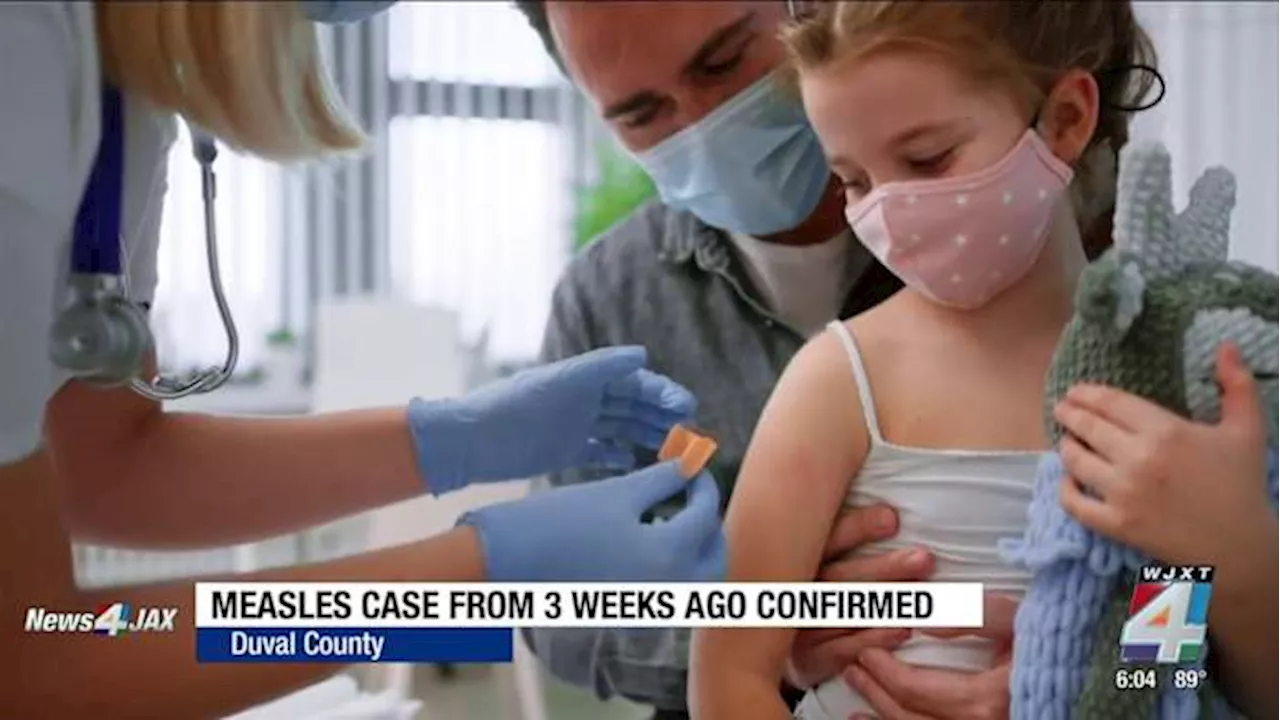The Florida Department of Health’s latest report on COVID-19 vaccinations has raised significant concerns about transparency due to missing data. Critics argue that the omission of crucial information could undermine public trust in health authorities and complicate ongoing discussions regarding vaccine mandates.
The report, released in March 2024, is part of the state’s ongoing efforts to track vaccination rates and effectiveness. However, notable gaps in the data have sparked debates among health officials, policymakers, and the public. The absence of comprehensive figures on vaccination rates, side effects, and demographic breakdowns leaves many questioning the reliability of the information provided.
Dr. Joseph Ladapo, Florida’s Surgeon General, has defended the report, asserting that the available data still offers valuable insights into vaccination trends. He emphasized that the state continues to prioritize transparency in its health reporting. Yet, critics, including public health advocates and some lawmakers, express concern that incomplete data can lead to misinformed decisions regarding vaccine policies.
Impact of Data Gaps on Public Trust
Transparency in public health reporting is crucial, particularly during a global pandemic. The missing data in Florida’s report may hinder the state’s ability to effectively communicate the benefits and risks associated with COVID-19 vaccinations. Public health experts warn that without accurate and complete information, residents may become less likely to seek vaccinations or comply with mandates.
In addition to affecting public perception, the data gaps could also influence legislative discussions surrounding vaccine mandates. As states consider implementing or maintaining vaccine requirements for certain populations, the lack of detailed information may complicate these decisions. Lawmakers may find it challenging to justify mandates without robust data supporting their efficacy.
The Florida Department of Health’s previous vaccine reports have faced criticism for lacking comprehensive demographic data, which is essential for understanding the vaccine’s impact across different communities. Advocates argue that without this information, the state cannot adequately address disparities in vaccination rates among various populations.
Calls for Improved Reporting Standards
In light of these concerns, various organizations and health advocates are calling for enhanced reporting standards from the Florida Department of Health. They argue that consistent and thorough data collection is essential for informed public health decision-making.
Several public health advocacy groups have emphasized the need for accountability in reporting, urging the state to commit to full transparency. They contend that accurate data is vital not only for public trust but also for the effective management of health resources.
As the debate over vaccine mandates continues, the Florida Department of Health faces increasing pressure to address the transparency issues highlighted by the missing data. The public’s confidence in health authorities may depend on the state’s ability to provide clear and comprehensive information moving forward.
With vaccination efforts ongoing, the implications of these data gaps extend beyond just numbers; they touch on the broader issue of public health trust and the effectiveness of policies designed to protect communities during the pandemic.







































































